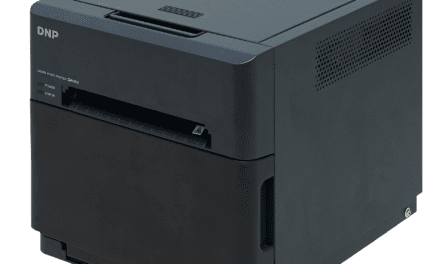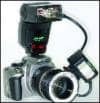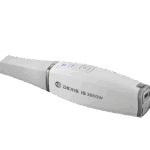8/14/06
In a recent study published in the June issue of the Journal of Telemedicine & Telecare, University of Rochester Medical Center dental researchers documented their findings about combining the ease of digital photography with the Internet to develop a new and inexpensive way to screen for early childhood dental caries (ECC), commonly called “baby-bottle tooth decay.” The cavities are caused by prolonged exposure to sweetened juices, often from sleeping with a bottle, and tend to be overlooked by parents until the pain becomes severe and the teeth become decayed and the only option for these toddlers (often under the age of 4) is sedation and extraction.
A specially outfitted digital camera is used to take photos of children’s teeth by a child care center health assistant. The photos are then sent electronically across town to pediatric dentists, who review the files in batches, identifying those toddlers with ECC.
“We have identified a very simple, cost-effective method to screen for this common childhood disease before it becomes a much larger problem,” says Dorota Kopycka-Kedzierawski, DDS, assistant professor of dentistry at the University of Rochester Medical Center, and author of the study. “By catching ECC at its earliest stage, we will effectively save the patient and parent toothache and heartache, decrease use of emergency room services, and increase the usage of dentists by this underserved population.”
The study screened 162 children, from 1 to 5 years old, from six Rochester inner-city childcare centers. Almost 40% were shown to have ECC. Once identified, parents received a letter alerting them about their child’s oral disease, and were provided with a referral so the problem could be treated. Three months later, all the children were rescreened to determine how many actually saw a dentist to correct the problem.
The study showed that 25% of the children did receive dental services.
Researchers are currently focused on finding grants to help support follow-up efforts so that all toddlers identified with ECC will receive the needed dental care.
[www.sciencedaily.com, August 8, 2006]









